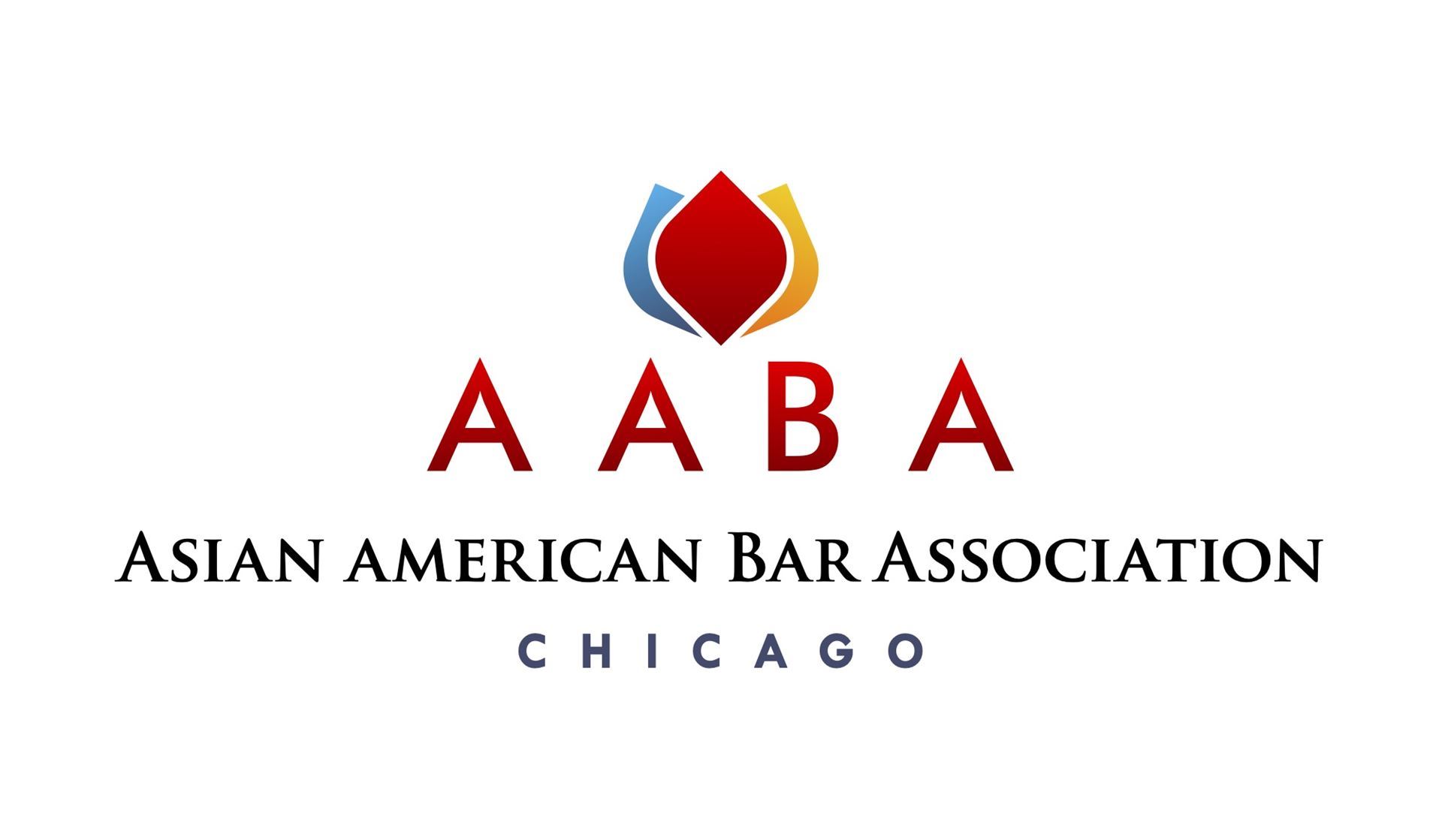Chicago, IL – Soon Chung Park. Hyun Jung Grant (Kim). Suncha Kim. Yong Ae Yue. Xiaojie Tan. Daoyou Feng. Delaina Ashley Yaun. Paul Andre Michels. We mourn their loss and mourn with their families and friends. Read some of their stories here:
https://www.nytimes.com/2021/03/19/us/atlanta-shooting-victims.html.
In response to the Atlanta Spa shootings and to the surge of hate and xenophobia directed towards Asian Pacific Americans (APAs) in the past year, AABA Chicago joins others across the Chicagoland area and the nation to denounce these acts of hate. For the past year, AABA has communicated with the Illinois Attorney General’s Office and the Cook County State’s Attorney’s Office, in partnership with our sister Asian bar associations in the Chicago area, to advocate for the APA community and report on acts of hate directed against APA groups and individuals. Like many, we had hoped that the violence against APAs stoked by former President Trump and others formerly in power would subside with President Biden and Vice President Harris in the White House. Instead, we recognize that both white supremacy and misogyny are entrenched in American institutions and the collective consciousness, continuing to produce hate-fueled violence targeting communities of color and women. AABA Chicago is committed to continuing to advocate for the APA community, as well as working in solidarity with our BIPOC, female, LGBTQ+, immigrant and other marginalized members of our country.
Now, we breathe and turn to the murders of six Asian American women. Their deaths have struck us and the broader Asian American community deeply. Our trauma is real. These women are us. They are our moms, daughters, and sisters.
We live in a country that has a long history of exotifying, fetishizing, and objectifying APA women. APA women have often been portrayed as submissive and compliant “china dolls” or shrewd and lustful “dragon ladies.” While these images may seem contradictory, they both serve as projections of white male fantasies. APA women and our allies have fought and continue to fight to dismantle these gendered racial stereotypes in a white-male-dominated society. In the legal profession, the intersection of gender, race, and oppression are felt as those in power too often judge APA women as either too passive to lead or too shrewd to trust.
This mass murderer’s words and actions are the ultimate objectification of APA women. These women served as objects for his pleasure and objects for his hate at the same time. We are not dealing well with coded speculation that would place blame on the victims for their murders. We are not dealing well with this man’s claims that he was struggling with sexual addiction, that he targeted those spas to eliminate his temptation, and that he was not motivated by the race of his victims. We are not dealing well with the attempts to show how he is different from the rest of our society—this white, Christian man who was battling his demons, whom we can persecute and condemn as an “evil” while we relegate his victims to the roles of unlucky, tragic minor characters in his life story. Another mass murderer. Women who were in the wrong profession at the wrong place at the wrong time. This happens in America.
While we believe that the arc of history bends towards justice, and the fight for antiracism and gender equity slowly moves forward, moments like this are truly awful and shake us to the core. We live in a society where a white, Christian man can dehumanize a group of APA women to such an extent that he can claim that race had nothing to do with him killing them. More disturbingly, we as a society have the audacity to entertain such notions. Too often our first response to deeply traumatic events is to otherize the perpetrators and victims so that we can avoid looking internally at the systemic racism and misogyny that create the conditions for hate-filled violence.
The Atlanta Spa shootings as well as the coverage of the incidents compel us to recognize the urgency of the need to work together to dismantle our country’s interlocking systems of oppression. For now, we ask that you give those of us who need to mourn, process, and heal the time and space to do so. Soon enough, all of us will rise, and we ask that you join us.
AABA was founded on the belief that a professional bar association could serve not only the interests of its members, but also the community from which its members have come. Our mission includes promoting the professional growth of our members; mentoring law students and new lawyers, providing services to our local community; fostering the exchange of ideas and information among our members and community leaders; partnering with other minority organizations on common matters of concern; and offering policy recommendations on legal, social, political, and economic interests significant to our community.
To learn more about AABA, visit www.aabachicago.org, like us on Facebook, and follow us on Instagram (@aabachicago).
